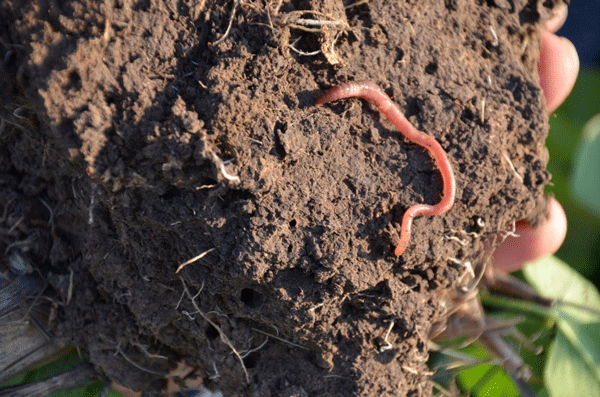Worms are fascinating creatures that play a crucial role in maintaining soil health and overall ecosystem balance. Whether you’re an avid gardener or simply interested in the natural world around you, understanding the importance of worms is essential. In this article, we will explore ten interesting facts about worms that will leave you amazed.
1. Vermicomposting: Worms are excellent decomposers and are commonly used in vermicomposting systems. They break down organic matter into nutrient-rich castings, which can be used as a natural fertilizer for plants.
2. Earthworm tunnels: As worms burrow through the soil, they create networks of tunnels that improve the structure and drainage of the soil. This allows air and water to penetrate deeper into the ground, promoting healthier root growth.
3. Biodiversity indicators: The presence of various worm species indicates a healthy ecosystem with good soil quality. Different types of worms have different ecological roles, contributing to overall biodiversity.
4. Regeneration capabilities: If an earthworm is cut in half, both halves can regenerate into separate individuals! This remarkable ability is due to their unique anatomy and regenerative cells.
5. Soil enrichment: Worms contribute significantly to enriching soil by consuming organic matter such as dead leaves and plant debris. Their excrement contains essential nutrients like nitrogen, phosphorus, potassium, and calcium – all vital for plant growth.
6. Nighttime workers: Most species of worms are nocturnal creatures, preferring to come out at night when it’s cooler and moister. This behavior helps them avoid predators while actively working on improving soils during their peak activity time.
7. Sensory perception: Despite lacking eyesight or ears, worms possess sensory receptors called chemoreceptors that allow them to sense chemicals present in their environment – helping them find food sources efficiently!
8. Lifespan longevity: Depending on factors such as species type and environmental conditions, earthworms can live for several years. The average lifespan ranges from 1 to 8 years, with some species even living up to a decade.
9. Environmental indicators: Worm populations can serve as biological indicators of environmental health. Their sensitivity to pollutants and changes in soil conditions makes them valuable organisms for assessing the impact of human activities on ecosystems.
10. Myth-busting: Contrary to popular belief, not all worms are beneficial for gardens. Invasive species such as the Asian jumping worm (Amynthas spp.) can damage vegetation and disrupt natural habitats, highlighting the importance of identifying and managing different worm species appropriately.
In conclusion, worms are unsung heroes that contribute immensely to improving soil quality, enhancing biodiversity, and supporting plant growth. By understanding their vital role in our ecosystem, we can work towards creating healthier environments both above and below ground level.


Leave a comment